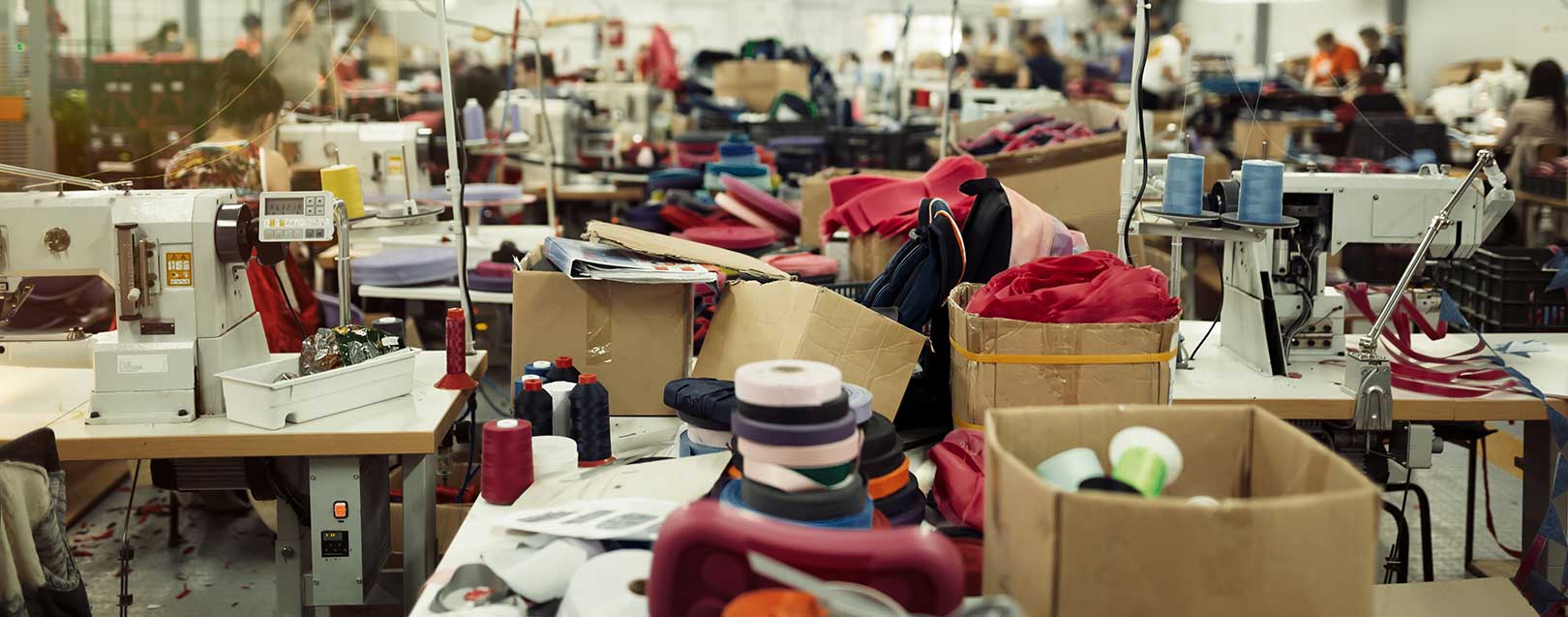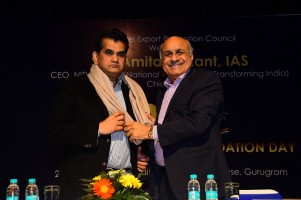
FIEO asks for reduced GST rates for job-work in garment making
The Dollar Business Bureau
In an open letter to the Finance Minister Arun Jaitley, A. Sakthivel, Regional Chairman, Southern Region, Federation of Indian Export Organisations (FIEO) today made an appeal that, ‘there are a number of activities, which are undertaken by the job-workers in the garment making industry which have been left out of the GST rate of 5%!’
In its recent meeting held on June 11, the GST Council had provided a major relief to the textiles and apparels manufacturers by announcing a sharp reduction in GST rates on certain merchant services from 18% to 5%. Industry leaders had welcomed the move saying that the massive reduction would help job workers to survive and compete with those in the captive manufacturing facilities.
However, according to Sakthivel, the GST Council has been selective in imparting the rate cut. According to him, there are a number of specialised activities that are undertaken by the job-workers in garment making industry which were left out of the rate cut. The important ones being: Cutting/Garmenting, Embroidery, Finishing, Washing/Pressing, Packing, Fabric processing like bleaching, dyeing, printing, knitting. The above services and the ones in cotton, blend and MMF too need to be included under 5% GST uniformly for yarn, fabric, garments and Made-ups irrespective of whether they are woven or knitted, or based on any of the fibres.
The manufacturing industry outsources various processes during different stages of production to specialised job-workers. And these job workers are skilled enough to meet the global standards set by the global textile industry. They meet the strict norms fixed by the buyers adhering to rigid and strict compliances standards, the Regional Chairman said.
Since the work involved is highly specialised and needs professionals, the working pattern of these individuals meets world standards the trade body expert stressed. Each piece-meal job is given to professionals selected for that particular work alone. For example, garment exporters assign the jobs of cutting, stitching, embroidery, thread cutting, washing, pressing, buttoning, packing, tagging etc to experts in the fields mentioned above and not to any labour. The specialised job-workers undertake the work with the raw material given by the garment exporters under a challan. Upon completion of the job, the processed goods are again delivered through delivery challans. Invoices are raised by the specialised workers on the quantum of work done to gain payment from the garment exporters. The working pattern merits manufacturing activity similar to any intermediate production process, he elucidated.
Therefore the GST Council should take into account, ‘the activities Cutting/Garmenting, Embroidery, Finishing, Washing/Pressing, Packing, Fabric processing like bleaching, dyeing, printing, knitting and include them in Serial No. 13A by way of job work in relation to the description of services in the ‘Schedule of GST Rates for Services as approved by the GST Council’ at 5% with full ITC including Garments and Made-ups which have been left out,' the regional trade body expert said.






 to success.
to success.